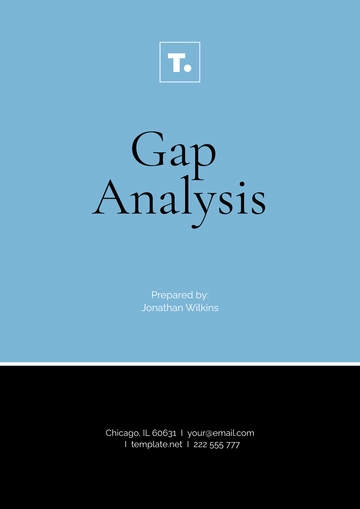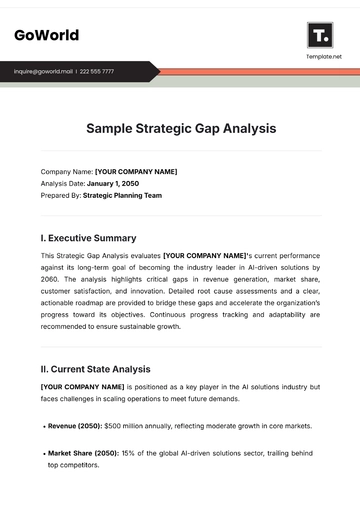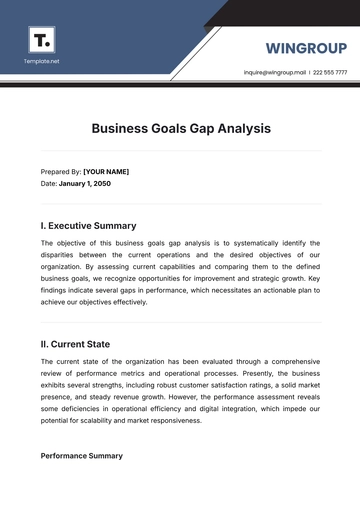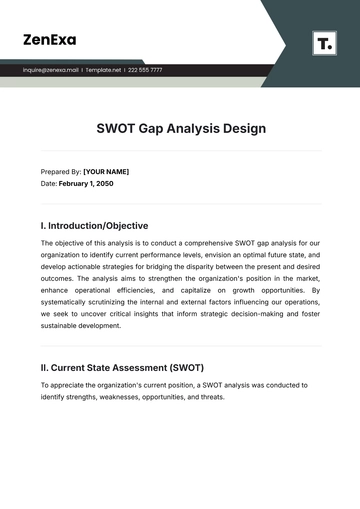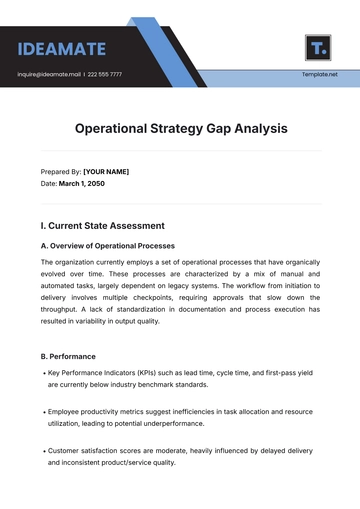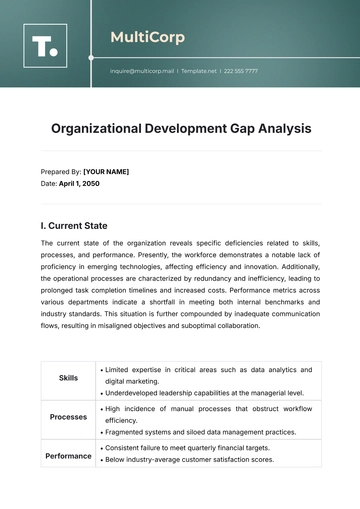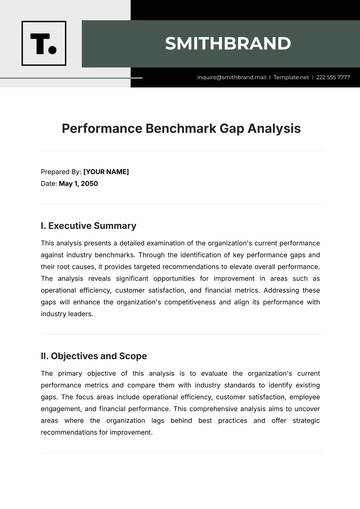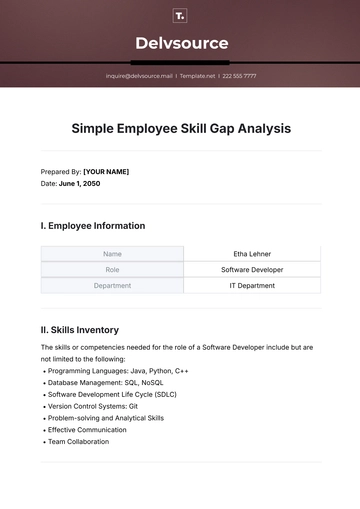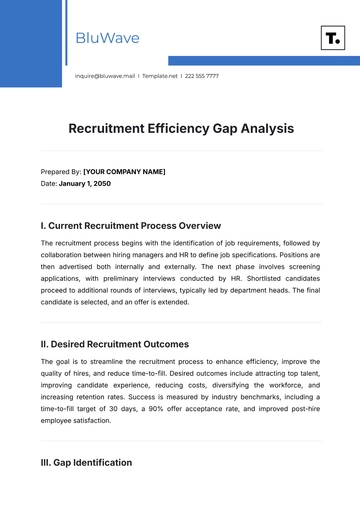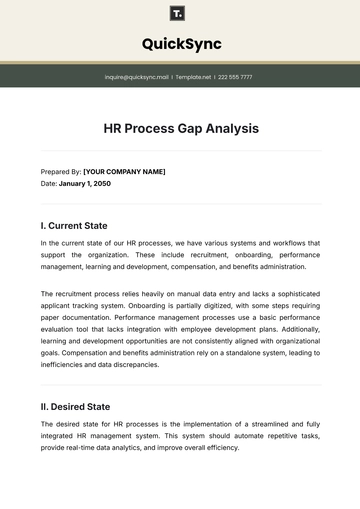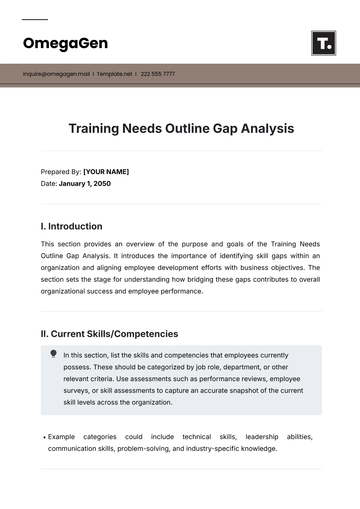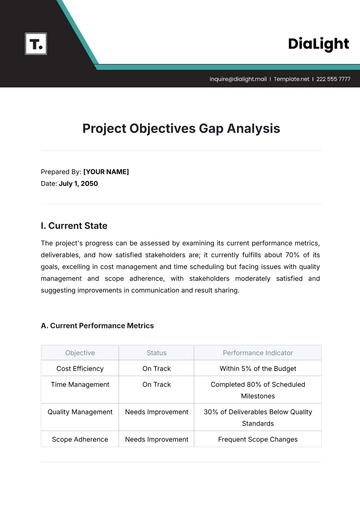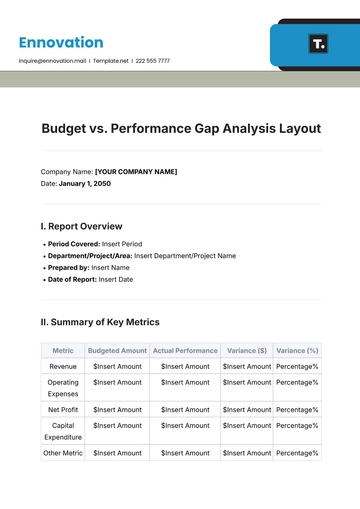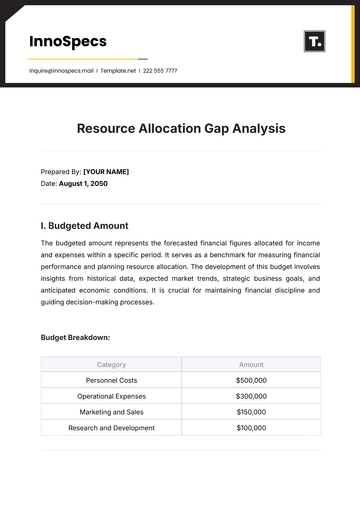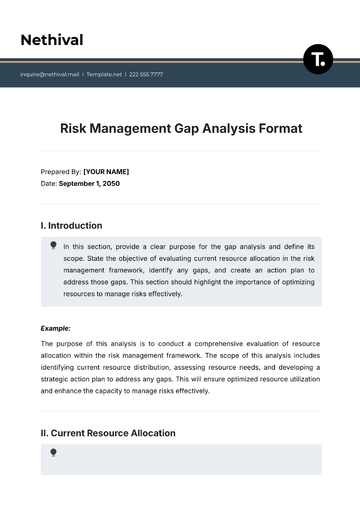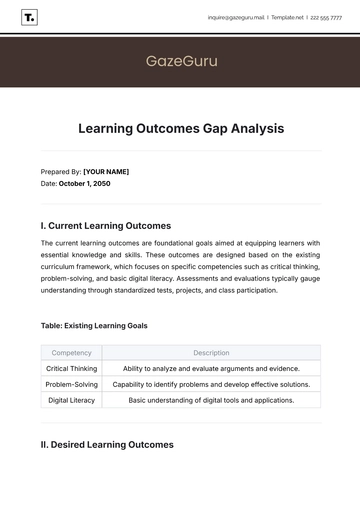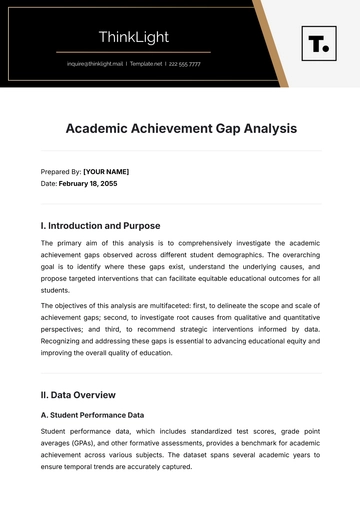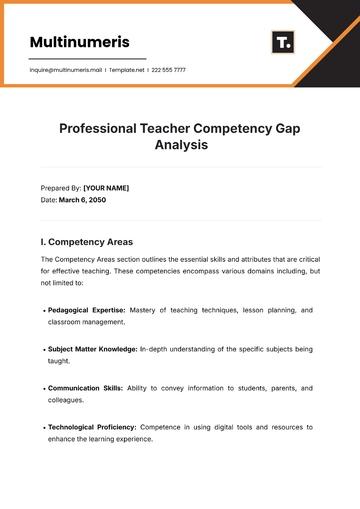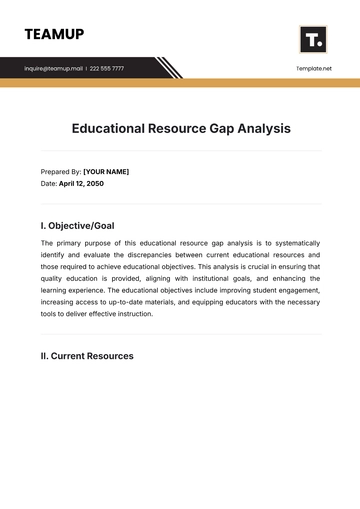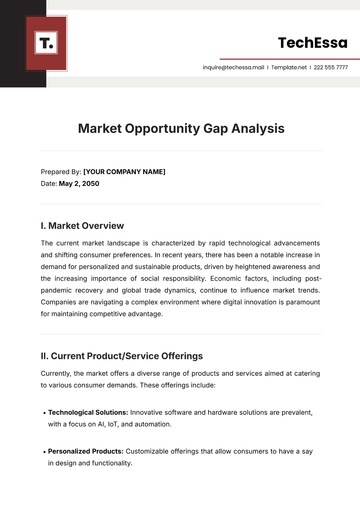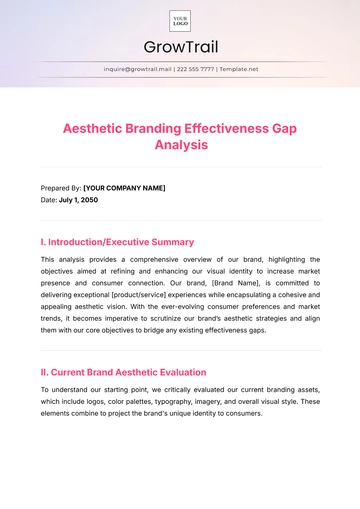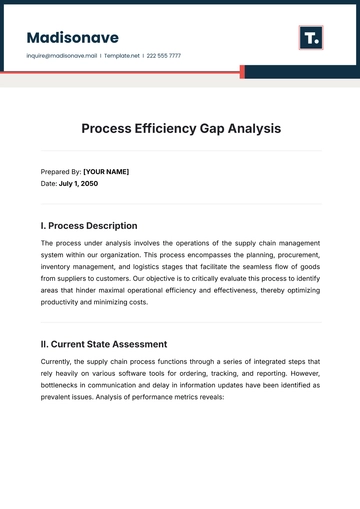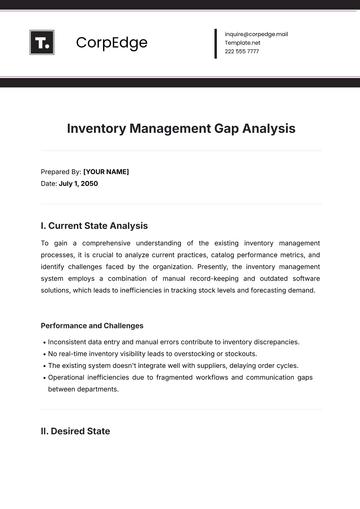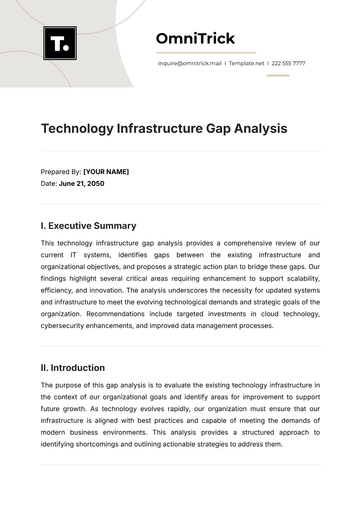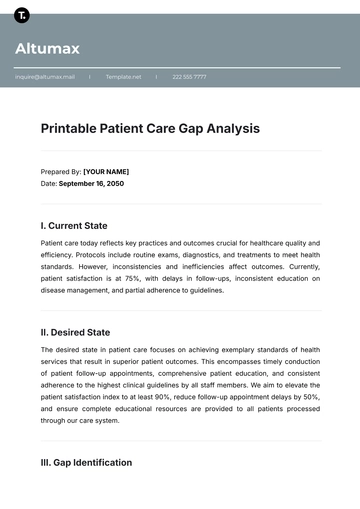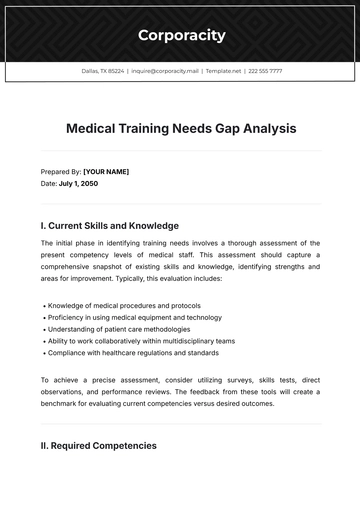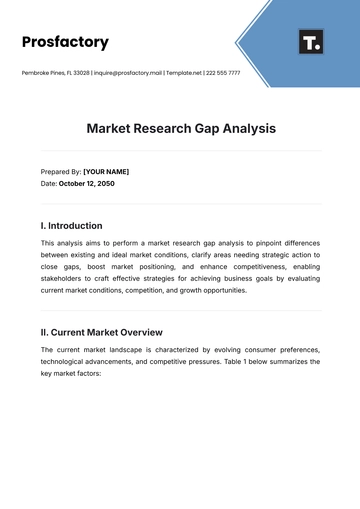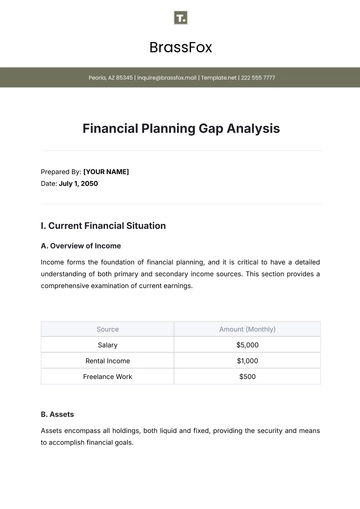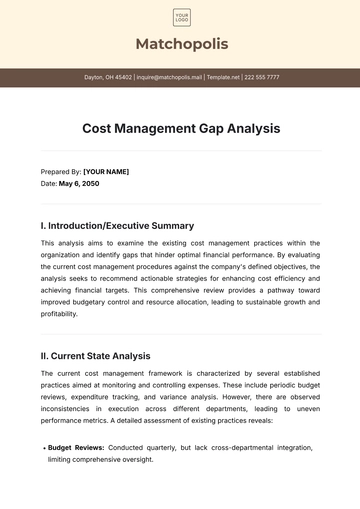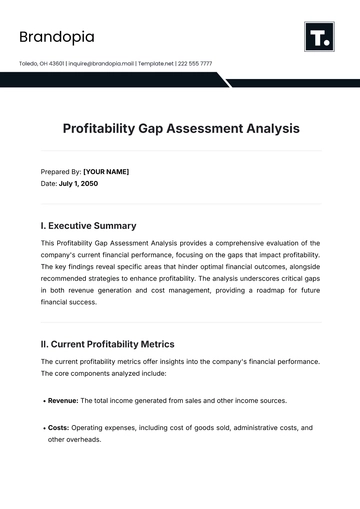Free Literature Review Literary Analysis
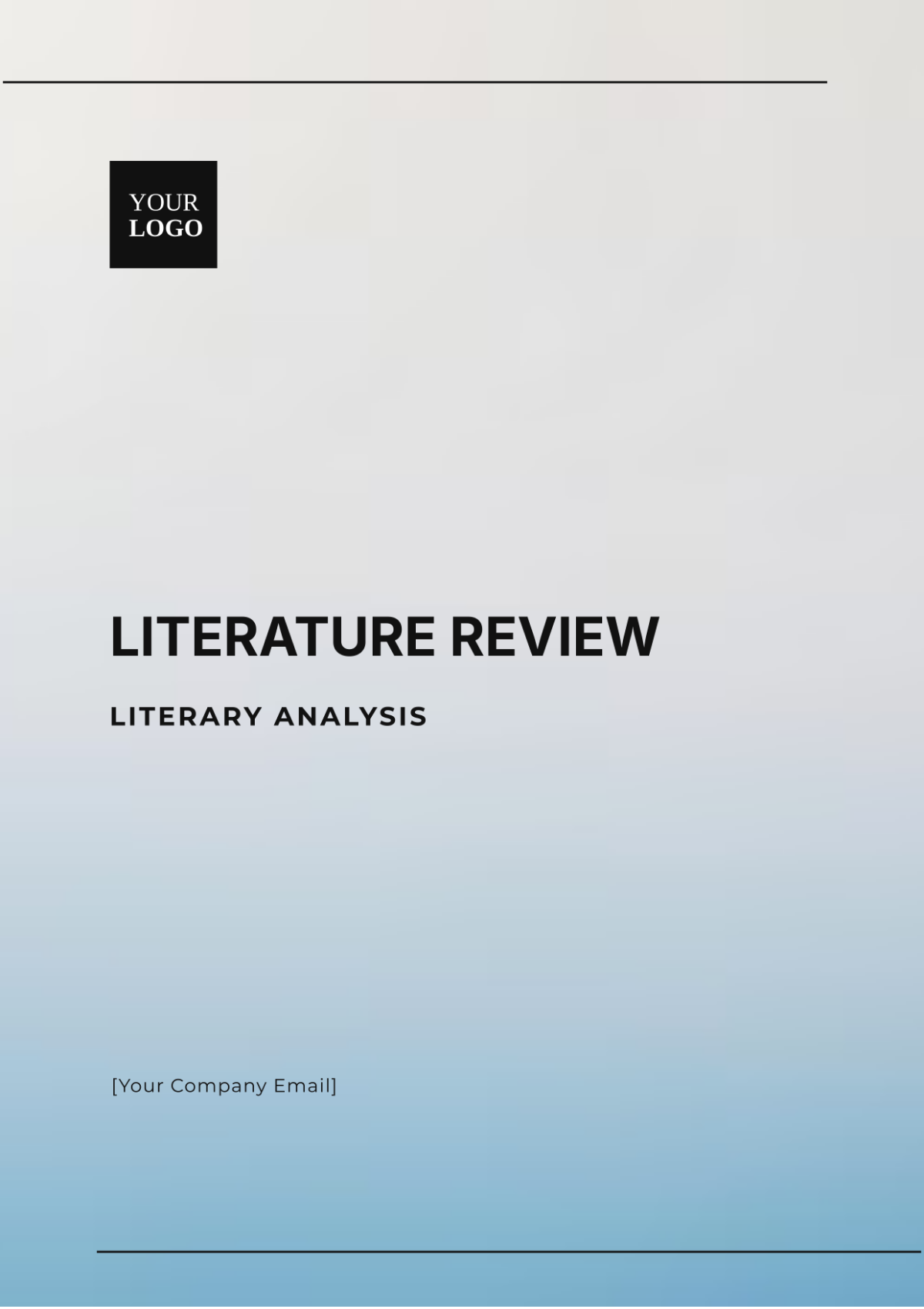
Prepared By: [Your Name]
I. Introduction
This literature review aims to offer an in-depth examination of key themes, techniques, and trends in contemporary literature. By analyzing significant works and their critical receptions, this review seeks to provide a nuanced understanding of the current literary landscape.
II. Historical Context
Early Literature
Early literature established foundational narratives and themes that continue to influence literary tradition. This period encompasses:
Epic Narratives: Works such as Homer's The Odyssey exemplify the grandeur and scope of early epic storytelling, emphasizing heroism and myth.
Religious Texts: Dante Alighieri's The Divine Comedy combines poetic grandeur with theological and moral inquiry, reflecting the spiritual and cultural milieu of the Middle Ages.
Chivalric Romances: Literature of courtly love, such as the Arthurian legends, highlights ideals of chivalry and romance.
The Renaissance
The Renaissance marked a significant transformation in literature, characterized by:
Humanism and Individuality: This period emphasized human potential and personal experience, as seen in works by William Shakespeare like Hamlet and Macbeth.
The Printing Press: The invention of the printing press revolutionized the dissemination of texts, making literature more accessible and contributing to the spread of Renaissance ideas.
III. Key Themes in Contemporary Literature
Identity and Self-Discovery
Contemporary literature frequently explores the complexities of identity and the journey of self-discovery. Notable examples include:
Toni Morrison’s Beloved: This novel explores the traumatic legacy of slavery and the search for identity and healing.
J.D. Salinger’s The Catcher in the Rye: The book delves into adolescent angst and the struggle to find one's place in a seemingly indifferent world.
Ralph Ellison’s Invisible Man: This work addresses racial identity and invisibility in a racially stratified society.
Social and Political Commentary
Literature often serves as a vehicle for social and political critique. Prominent works include:
George Orwell’s 1984: Praised for its dystopian vision, it offers a stark critique of totalitarianism and surveillance.
Harper Lee’s To Kill a Mockingbird: This novel confronts racial injustice and moral growth through the eyes of a child.
Margaret Atwood’s The Handmaid's Tale: A chilling exploration of gender oppression and authoritarian control.
IV. Techniques and Innovations
Stream of Consciousness
Stream of consciousness as a narrative technique aims to capture the flow of a character’s thoughts and perceptions. Notable examples include:
James Joyce’s Ulysses: This work employs stream of consciousness to provide a detailed depiction of a single day in Dublin.
Virginia Woolf’s Mrs. Dalloway: The novel uses this technique to explore the inner lives of its characters and their perceptions of time and society.
Postmodernism
Postmodern literature is known for its fragmented structure, metafictional elements, and challenge to traditional narratives. Key texts include:
Kurt Vonnegut’s Slaughterhouse-Five: This novel's non-linear structure and meta-narrative reflect on the nature of time and human experience.
Thomas Pynchon’s Gravity's Rainbow: Its complexity and playfulness challenge conventional storytelling methods.
David Foster Wallace’s Infinite Jest: This work employs extensive footnotes and a non-linear narrative to explore themes of addiction and entertainment.
V. Critical Reception and Analysis
Reception of Major Works
Work | Author | Reception |
|---|---|---|
Beloved | Toni Morrison | Acclaimed for its profound depiction of slavery’s legacy. |
1984 | George Orwell | Praised for its insightful critique of totalitarian regimes. |
The Catcher in the Rye | J.D. Salinger | Recognized for its authentic voice and exploration of adolescent angst. |
Themes and Motifs
Recurring themes and motifs in contemporary literature reflect shared human experiences:
The Quest for Identity: Many works grapple with the search for self and meaning.
Critique of Societal Norms: Literature often challenges the status quo.
Exploration of Freedom and Fate: Themes of autonomy and determinism are frequently examined.
VI. Conclusion
This literature review underscores the diverse and dynamic nature of contemporary literature. By analyzing key themes, innovative techniques, and critical receptions, readers can better appreciate the complexities and creative innovations that define modern literary works. This analysis is brought to you by [Your Company Name], who is committed to advancing literary scholarship and appreciation.
- 100% Customizable, free editor
- Access 1 Million+ Templates, photo’s & graphics
- Download or share as a template
- Click and replace photos, graphics, text, backgrounds
- Resize, crop, AI write & more
- Access advanced editor
Streamline your literature review with Template.net's Literature Review Literary Analysis Template. This editable and customizable tool helps organize and analyze key themes, arguments, and trends across various literary works. Editable in our AI Editor Tool, it offers a structured approach to synthesizing information and presenting a comprehensive analysis of the literature relevant to your research topic.
